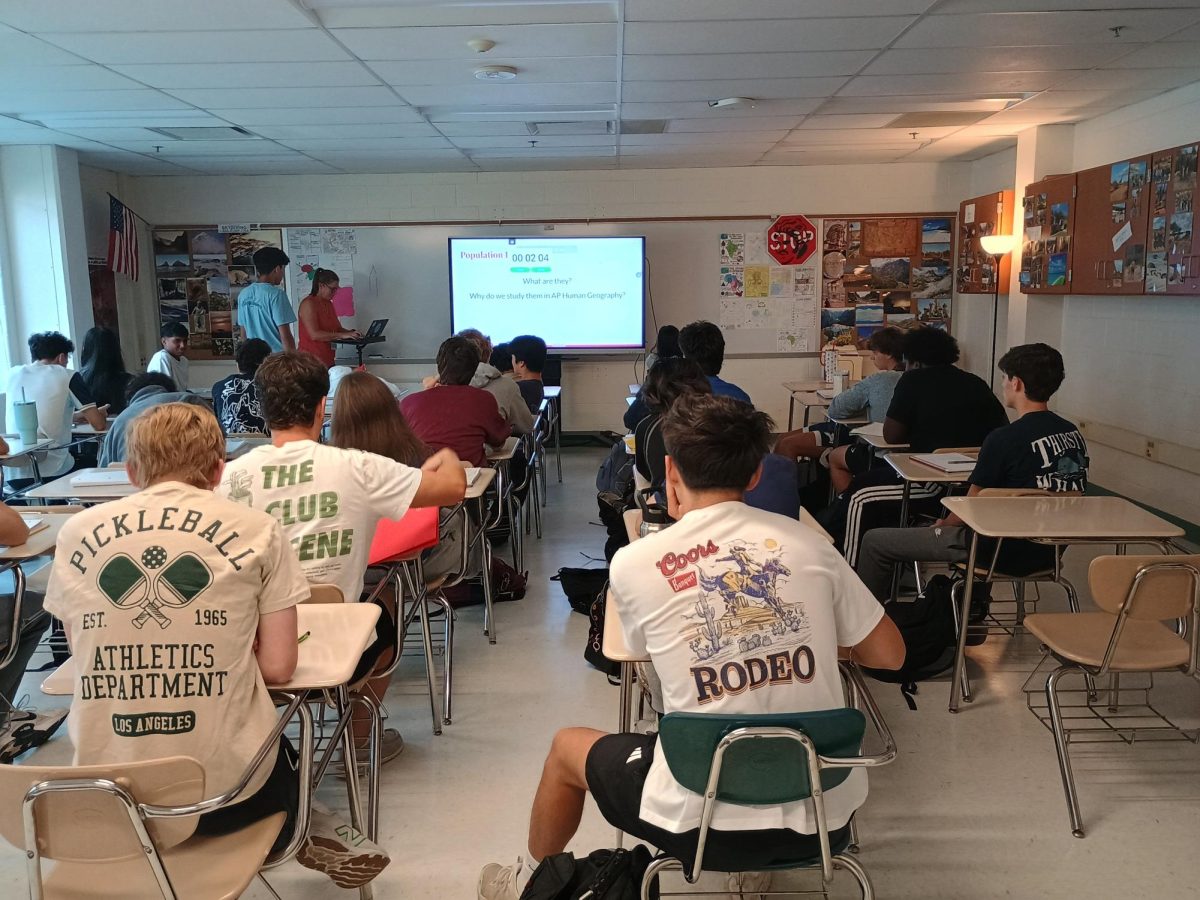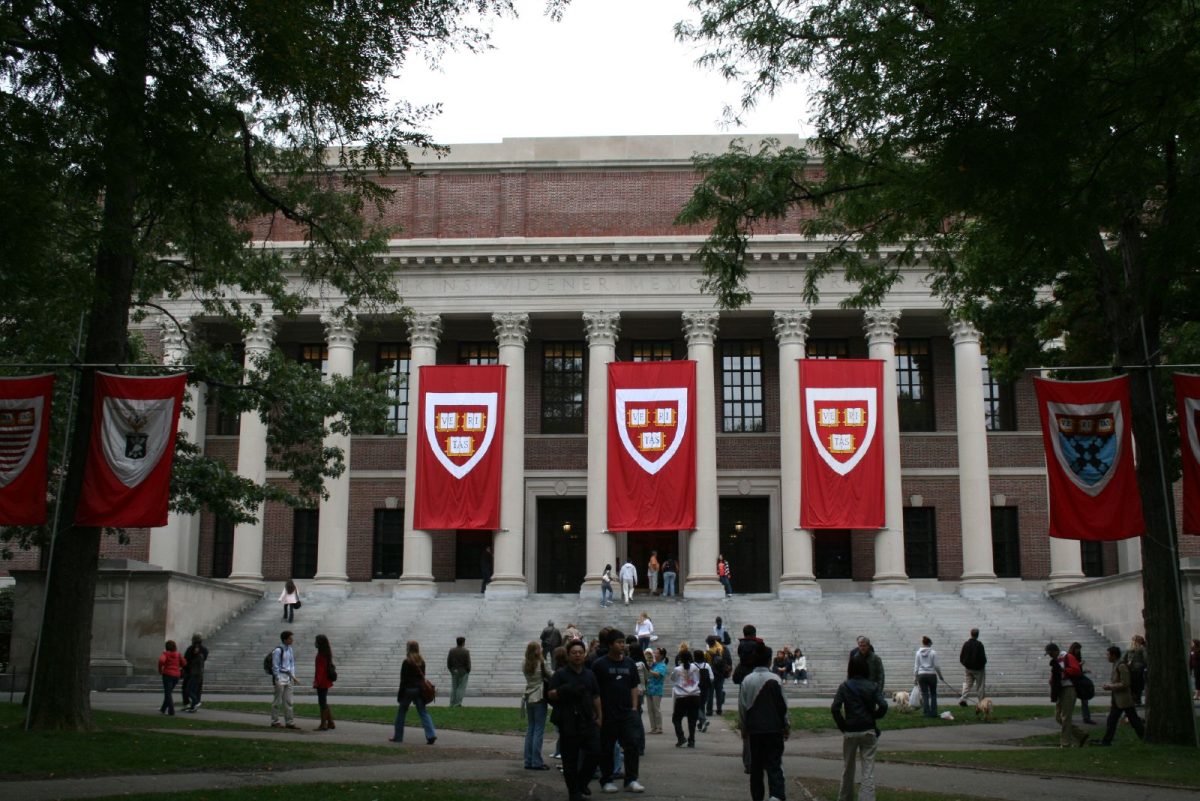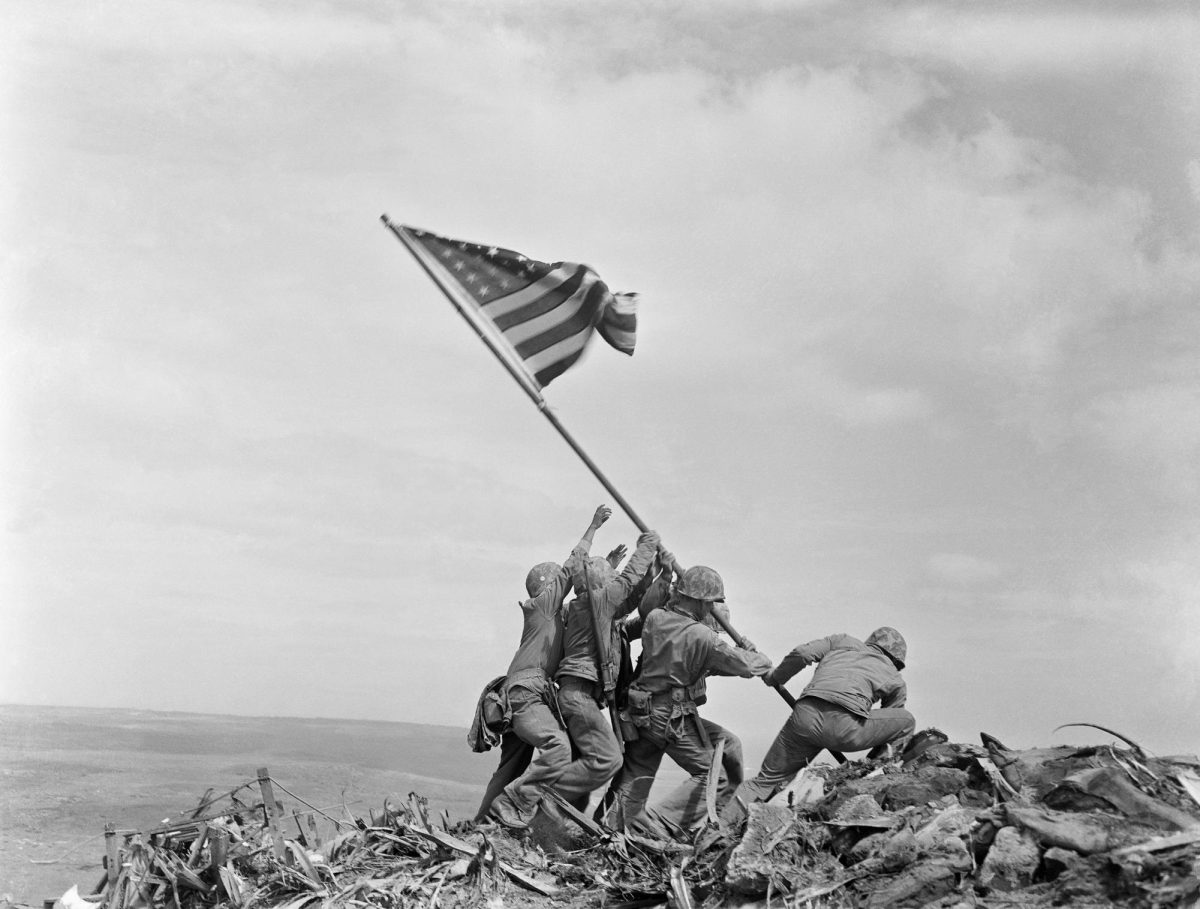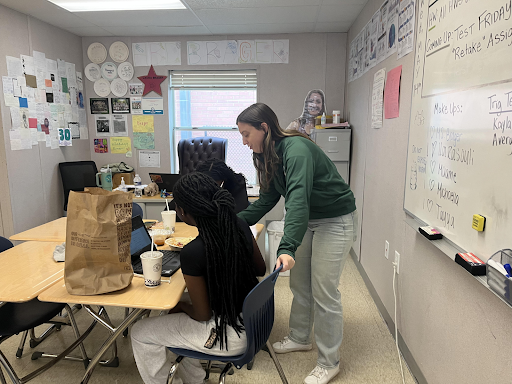On the first day of school this year, several teachers asked a seemingly innocuous question: “What was something you did this summer?” Normally, nothing would be wrong with that. In this school year though, there’s a whole lot wrong.
For most of us, this was not a summer of hanging out with large groups of friends, going on vacations, or walking down a crowded boardwalk. This was a summer of dealing with the coronavirus pandemic. This was a summer of protest over police killings of African-Americans and systemic racism in our country. This was a summer where the nation faced the worst economic downturn since the Great Depression. Members of the WJ community got sick. Students attended virtual funerals rather than plane flights to vacations or they sat at home, day after day.
Of course, when teachers ask students what they did this summer, it’s entirely well-meaning. Yet the fact that such an innocent icebreaker can be so charged shows why we must face the reality that this year is anything but normal.
There have been over 21,000 Covid-19 cases in Montgomery County, with nearly 800 deaths. Students have felt the impact of the coronavirus first-hand.
This past spring saw the implementation of Zoom schooling and featured classes and a schedule constructed with full recognition that students were in uncharted waters. A diminished workload and a pass/fail grading system for the fourth quarter helped to buoy students during the transition out of classroom learning.
To be clear, I am not advocating for a return to pass/fail grading. That is not the purpose of this column. But I do want to ask this — what has really changed since March? There is an all too human urge to feel that, because we did classes online last year, students have fully adjusted to a new reality. However, that is not exactly the case.
Yes, teachers, staff and students have had more time to get used to taking classes online. But, since last school year all classes have migrated to Canvas; a program that at three weeks into the year many teachers and students are still flummoxed by on a daily basis. Not to mention, this school year saw MCPS proceed with the implementation of a new grade book, yet another program teachers have to learn to use.
The senior class has been distinctly affected. A large percentage of the current senior class still has not been able to take their SAT or ACT. This summer I planned to travel to see the schools on my list in-person. Instead nearly all college visits this year were done virtually, through Zoom calls with admissions representatives, something that cannot replace walking through a busy campus.
There aren’t even school sports. William Le is a senior who aspires to play soccer on the collegiate level. He has been on the WJ varsity team since his freshman year. Le explained that because sports have been canceled he has lost out on critical time in the college-recruitment-process.
Le trained all summer long for a potential soccer season. One that probably won’t happen. However, Le isn’t viewing the lost season as something to get upset about. He says the more setbacks he faces the more he is fueled to succeed.
Sophie Kotlove, another senior, has had to struggle with a poor internet connection, making it much harder for her to follow instruction. As a result, she has been kicked from Zoom calls and had to scramble to get back on.
At one point, Kotlove got so exasperated with trying to find an internet connection that she “gave up” and ended up taking the class while sitting in her empty bathtub — the only place in her house where she was able to access her AP Comparative Government class.
And that’s not normal.





















